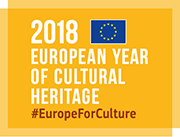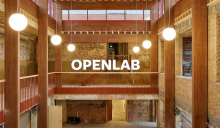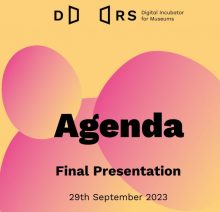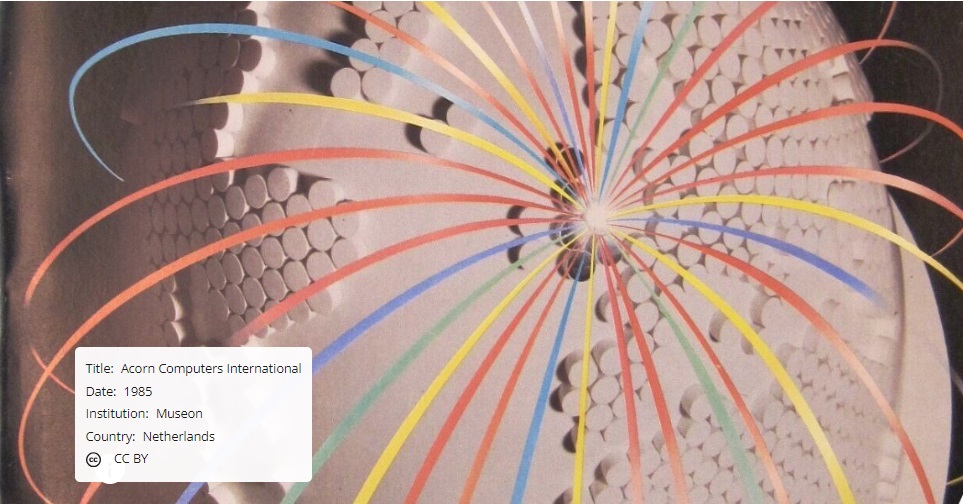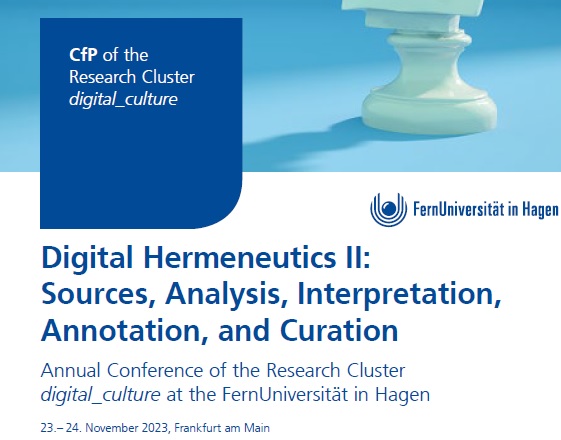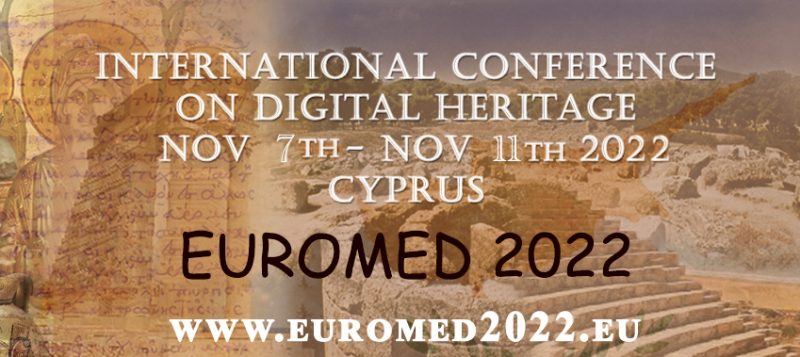
How Can the Public Sector Become an Agent of Innovation?
 The workshop aims to generate collective insight into public sector innovation for Open eGovernment Services (OGS). It is clear that OGS require a deep change in the machinery of government, but also they act as an incentive for change through for example increased transparency and collaboration. The study has analysed several cases in order to understand the key costs and benefits of OGS. The workshop now aims to analyse in depth the rationale and drivers behind these cases, in order to draw lessons and develop future scenarios.
The workshop aims to generate collective insight into public sector innovation for Open eGovernment Services (OGS). It is clear that OGS require a deep change in the machinery of government, but also they act as an incentive for change through for example increased transparency and collaboration. The study has analysed several cases in order to understand the key costs and benefits of OGS. The workshop now aims to analyse in depth the rationale and drivers behind these cases, in order to draw lessons and develop future scenarios.

The event is strategically positioned at the beginning of the third and final phase of the study.
- The first phase aimed at defining WHAT are Open eGovernment Services, providing a definition and taxonomy
- The second phase aimed at analysing WHY OGS are important, in terms of benefits achieved
- The third phase aims to understand HOW this innovation happens and how we can accelerate it with appropriate policy measures
Do you want to share your knowledge and network with stakeholders from across Europe?
Register to our Scenario Workshop at http://pwc.to/1MaKOLE.
Download here a first version of the Agenda.
For more info on the event: http://bit.ly/1RVtgjU



